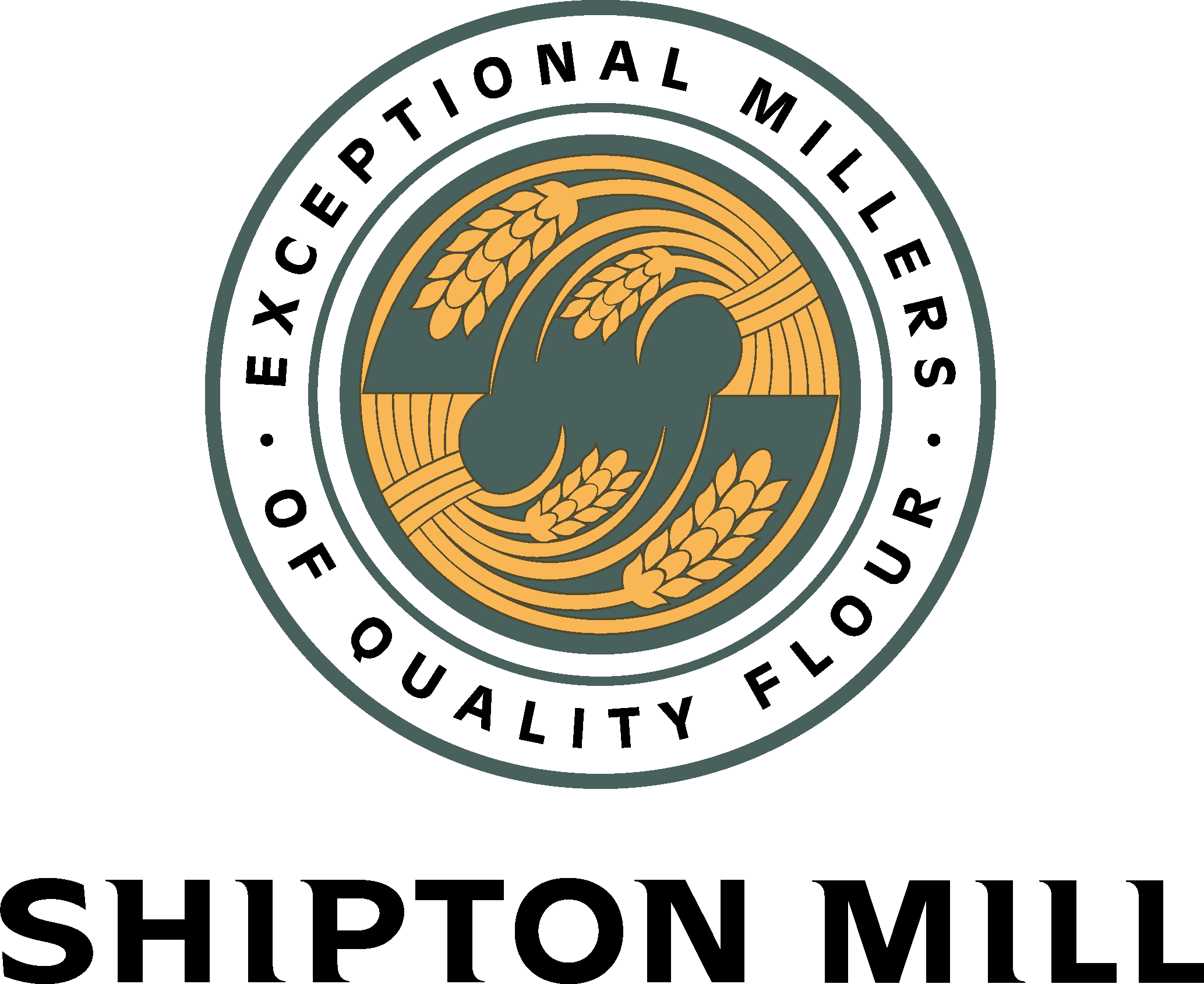What makes food Organic?
For most people, “organic” means food produced without the use of pesticides or fertilisers and this reason alone is why many consumers buy organic – better for me, better for the planet. While true, there is more to it than this. We champion organic growing and certify our organic products through the Soil Association. Organic growing practises working with nature, not against it.
According to the Soil Association, organic farming methods can help to slow down climate change; if Europe’s farmland all followed organic principles, agricultural emissions could drop by 40-50% by 2050, with plenty to feed the growing population healthy diets. Organic farmlands are also home to up to 50% more wildlife, store more
carbon, have healthier soils, and around 75% more wild bees, as well as reducing exposure to pesticides.

For a product or farm to be certified as an organic producer, the production process must meet a strict set of legally defined standards. The continued application of these standards is closely monitored. Within the UK the largest and most widely known of the certification bodies is the Soil Association.

Organic farming imposes very tight controls on the use of any
artificial chemical fertilizers or pesticides, and Genetically Modified (GM) crops are forbidden. It also strictly controls the use of antibiotics in treating illness. In addition, organic farming encourages crop rotation. This rotation is vital in helping to promote healthy soil, and actively encourages natural methods of pest control.
This in turn can help to promote greater biodiversity and soil fertility. Organic farming also has the highest animal welfare standards of any international farming system.

Is Organic “Better” than Conventional?
The definition of “better” is an area hotly debated and argued about by “conventional” producers and supporters of organic. The Food Standards Agency (FSA) believes that there is not enough evidence to support any claim that food produced organically is better for you nutritionally than food produced using conventional methods.
However, recent research has indicated that many organically grown products and crops that are not as intensively farmed are richer in many micro-nutrients. Whilst such findings continue to be the subject of review and debate, it is encouraging to see such positive and increasingly scientifically supported data that reinforce the benefits of organic methods.
In addition, the work of the Rodale Institute ( Regenerative Organic Agriculture - Rodale Institute) in projects looking at the effects of organic farming in countries where pesticides and fertilisers are too expensive is also very encouraging, if only for the potential positive impacts on world food supplies.

Organic and the Environment
Environmentally, the case is just as strong. Aside from the
implied (but not necessarily well understood) impact of fertilisers and pesticides on the human food chain, in conventional farming there are in the region of 350 “allowed” pesticides. There are relatively strict laws governing the levels of pesticides present in food, but there are growing concerns about the long-term effects of such residues and the “cocktail” effect. This is where each individual residue may be below the permitted level but add all the residues together and the combined effect is unknown, and may be far worse than each individual element.
Recent research illustrates that organic farming models use less energy than their conventional counterparts. This is largely due to the high levels of energy used in the production of fertilisers, which are not permitted in organic methods.
What’s the cost?
The cost of organic is also hotly debated, and the question of whether organic can feed the world. Value cannot be considered in purely commercial terms – there is huge value to society as a whole to have a healthy agricultural community.

A matter of taste?
The jury is out on whether organic food tastes better. We would argue that it is actually a matter of personal engagement with our farmers and loving their work.
Organic certification does give a guarantee that food has been responsibly produced with consideration for the environment, the highest animal welfare standards and careful crop management. Buying locally produced food with a minimum of packaging, through a box scheme or farmers' market should give you the reassurance that you are supporting more sustainable agriculture and a future

Centuries of milling

Traditional Grains


